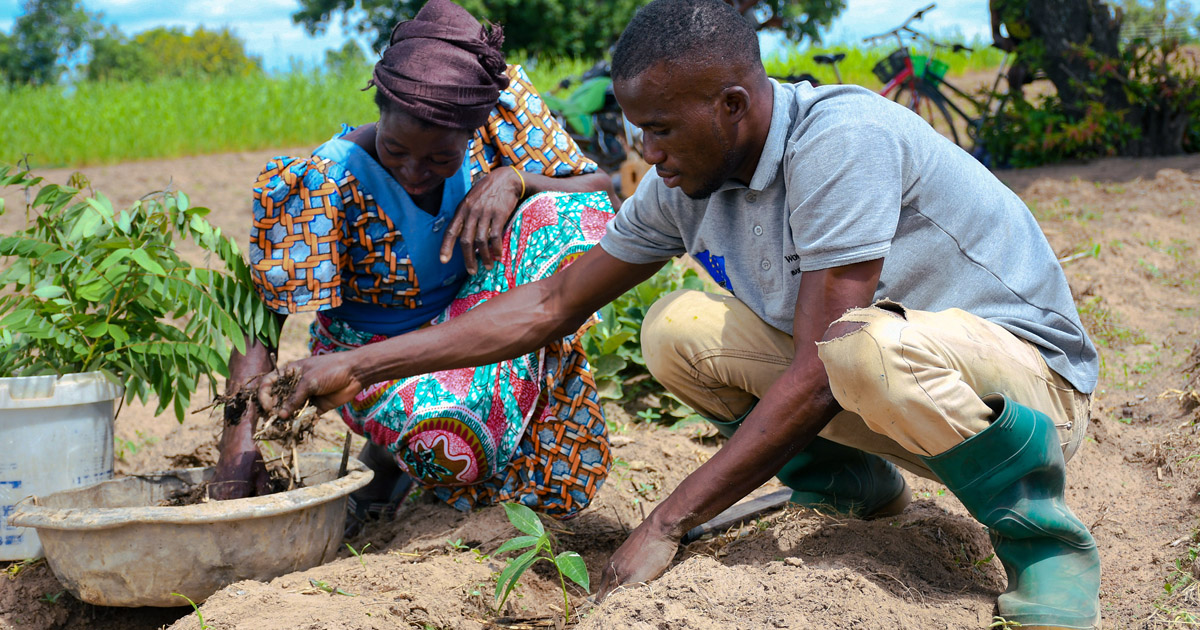
NAIROBI, Kenya (4 July 2024) – In recognition of the need to enhance tree conservation, the Australian Centre for International Agricultural Research (ACIAR) has allocated one million Australian dollars to the Center for International Forestry Research and World Agroforestry (CIFOR-ICRAF) to support its efforts to conserve tree diversity.
Although trees play a critical role in terrestrial ecosystems, they face considerable threats, mainly from the conversion of forested land to agriculture and urban settlements. The situation is exacerbated by climate change, which exposes trees to new stresses such as disease, pests, flooding and drought.
“Of the 60,000 tree species worldwide, 30% are threatened with extinction,” said Alice Muchugi, Theme Leader for biodiversity and tree genetic resources at CIFOR-ICRAF. “We urgently need to work on conserving the diversity of tree species and create sustainable pathways to their use.”
The CIFOR-ICRAF Tree Genebank in Nairobi holds one of the world’s largest tropical tree seed collections, comprising 248 tree species, many of which are held in duplicate at the Svalbard Global Seed Vault and other genebanks. Tree species that produce which cannot tolerate drying and cold storage, as well as species for which true-to-type germplasm is required, are maintained as living collections in field genebanks, established in collaboration with national partners. Over 60 tree species are conserved at 37 field sites across 17 countries. The collection is used to supply quality seeds and cuttings to various users.
The result of over 30 years of investment, these field genebanks serve not only as repositories for conservation efforts but also as a valuable resource for learning more about the trees’ growth, development, and adaptability to various environmental conditions. The knowledge gained from these field genebanks is essential for the effective conservation, management and use of these important tree genetic resources.
This ACIAR funding will be used to support field genebanks across Africa in 2024 and 2025. This funding will enable us to secure, clean and maintain the field sites, as well to supply quality planting material needed for various restoration projects.
For more information, please contact Alice Muchugi at a.muchugi@cifor-icraf.org.













